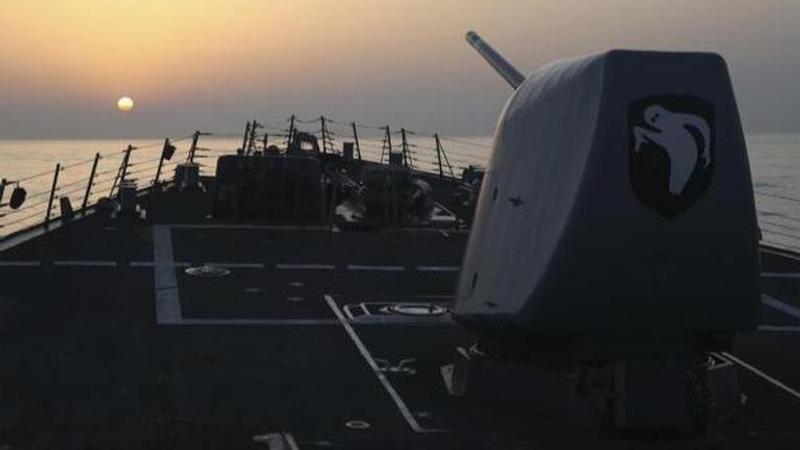Published 19:28 IST, July 20th 2023
West is not prepared for conflict with China: US think-tanks highlight ammunition shortage
The CSIS wargame, focused on a hypothetical conflict with China over Taiwan, revealed that US possessed only approximately 450 long-range anti-ship missiles.

As the ongoing conflict in Ukraine exacerbates ammunition shortages, US think-tanks are raising concerns over the inadequacy of stockpiles in the West, with NATO allies unable to offer substantial assistance. According to a recent report by the Financial Times, think-tanks like the Center for Strategic and International Studies (CSIS) and the Center for New American Security (CNAS) have conducted assessments, highlighting the pressing need for bolstering the military industry's capabilities to meet emerging threats.
The CSIS wargame, focused on a hypothetical conflict with China over Taiwan, revealed that the US possessed only approximately 450 long-range anti-ship missiles, a quantity deemed sufficient for merely a week of combat. Meanwhile, CNAS asserted that the existing missile inventory is woefully inadequate to repel an initial invasion by China, let alone prevail in a prolonged confrontation. To effectively deter and counter Beijing's actions, experts at CNAS emphasized the necessity for large stockpiles of stand-off missiles, maritime strike weapons, and comprehensive air and missile defenses.
Are just-in-time supply chains the problem?
The report also shed light on the broader challenges faced by the US military-industrial complex. The prioritization of efficiency and adoption of just-in-time supply chain practices, akin to those used in other industries, have left it ill-equipped to scale up production during times of conflict. Compounded by shortages in parts and labor, the defense industry has been grappling with an inability to swiftly respond to increased demand.
Stacie Pettyjohn of CNAS remarked on the issue, stating, "The defense industry is so consolidated that it can't very quickly expand to support a greater demand. So we're slow and behind and don't have enough of anything." The lack of diversification in Pentagon contracts, with only five major companies responsible for a significant portion, has left the industry vulnerable and unable to compensate for supply shortfalls.
Moreover, the push to promote American-made weapons has inadvertently hindered NATO allies' defense industries, resulting in a fragmented European market. Multiple experts from various think-tanks pointed to the limitations of European allies in picking up the slack due to the restricted growth of their defense sectors. As global conflicts persist and geopolitical tensions escalate, addressing these ammunition shortages and enhancing military preparedness have become critical priorities for the US and its NATO partners.
Updated 19:28 IST, July 20th 2023




